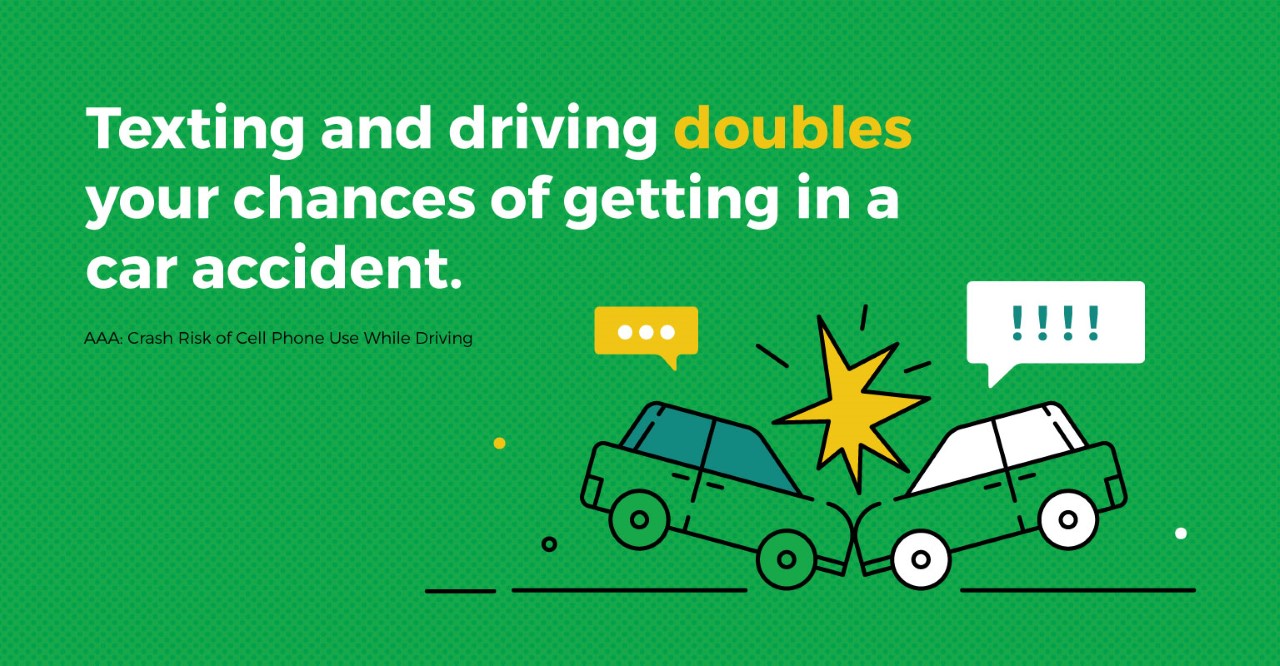
The holiday season is a time of joy, celebration, and togetherness. But it’s also a time when alcohol consumption increases, making December a critical month for alcohol awareness campaigns like Drive Sober or Get Pulled Over. The message is simple yet lifesaving: drinking and driving do not mix.
Be a responsible driver, use these tips, and drive sober.

For teen drivers, inexperience and peer pressure often lead to poor decisions when driving. Teen drivers also face other challenges when behind the wheel, ones that can increase their risk of an accident. The five most common and deadly include:

Updated: July 2025
Aggressive driving has become a serious issue on our highways. According to data from the National Highway Traffic Safety Administration (NHTSA), a staggering 66% of traffic fatalities are tied to aggressive driving behaviors.

Have you ever been driving on a two-lane road, come up behind a car that is going at a slow speed and you are not able to pass? Maybe someone is driving erratically or an accident on the road has caused you unavoidable delays. These can be maddening situations. Some drivers might yell, honk the horn, or beat on the steering wheel to vent their anger. Others may escalate to road rage or aggressive driving behaviors where driving safely is no longer top of mind.

Drowsy driving, also known as fatigued driving or driver fatigue, is a dangerous driving behavior that can result in very serious consequences.

Most discussions focus on what happens after an accident—but the best defense is prevention. By adopting smart driving habits, you can minimize risks, drive more defensively, and keep yourself and your passengers safe.

When we get behind the wheel of a motor vehicle, we are trusting that other drivers will drive safely, follow the rules of the road, stay alert, and not engage in reckless driving behaviors. But that is not always the case. These drivers understand the risks of their behaviors but continue to drive in a dangerous manner that can cause accidents.

Why Winter Driving Is So Risky
Winter weather creates some of the most dangerous driving conditions. Two of the biggest hazards are:
Together, these hazards account for a significant share of winter accidents (roughly ¼ of auto accidents). In fact, the U.S. Department of Transportation’s Federal Highway Administration reports that snowy and icy roads cause an average of 1,836 deaths and 136,309 injuries every year (based on a 10-year average from 2005–2014).

Smartphones allow us to be connected all the time no matter where we are, including behind the wheel of a vehicle. This means that far too many drivers have the potential of driving distracted, and the statistics paint an alarming picture, too, with cell phone usage accounting for 14% of fatal driver distracted crashes in 2017.

The Federal Motor Carrier Safety Administration (FMCSA) regulates and monitors trucking companies throughout the United States, setting forth regulations governing commercial motor vehicles and trucking companies.
Within the FMCSA Regulations are a set of rules referred to as Hours of Service (HOS). These regulations govern commercial truck drivers and the hours they work and drive.